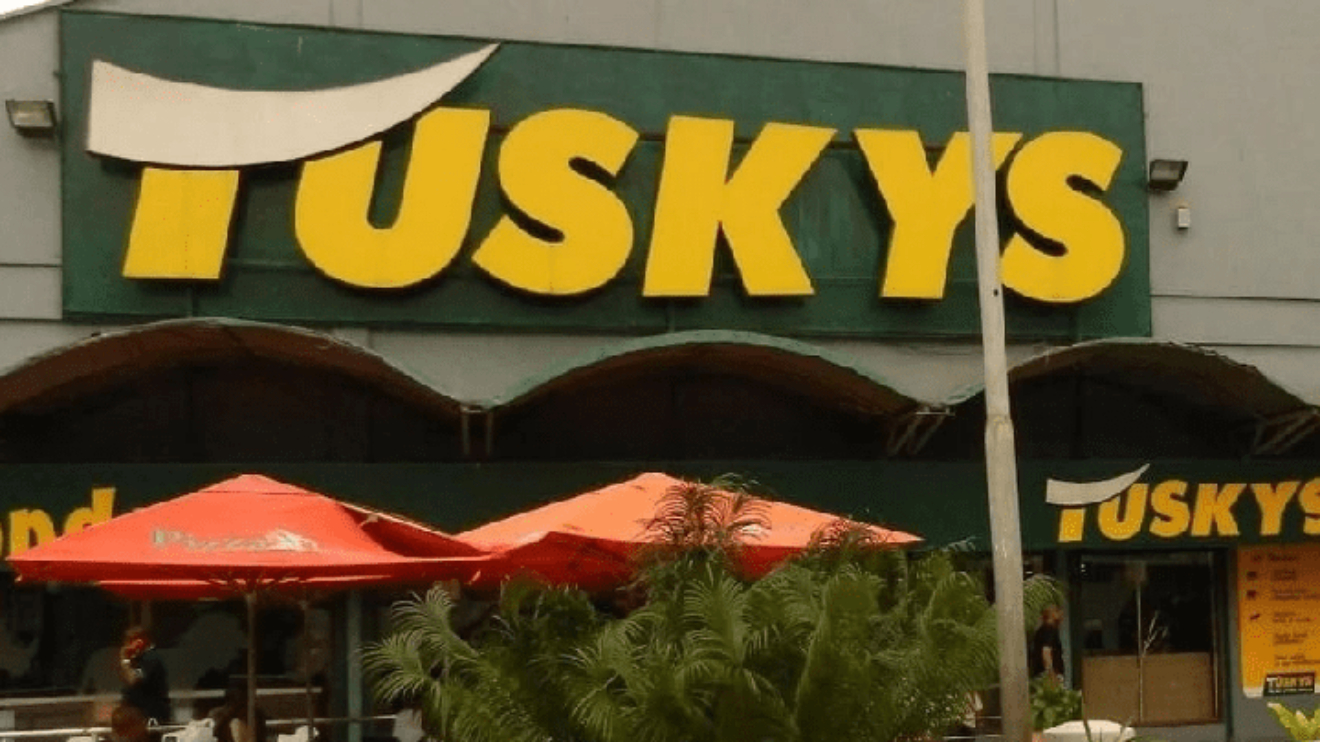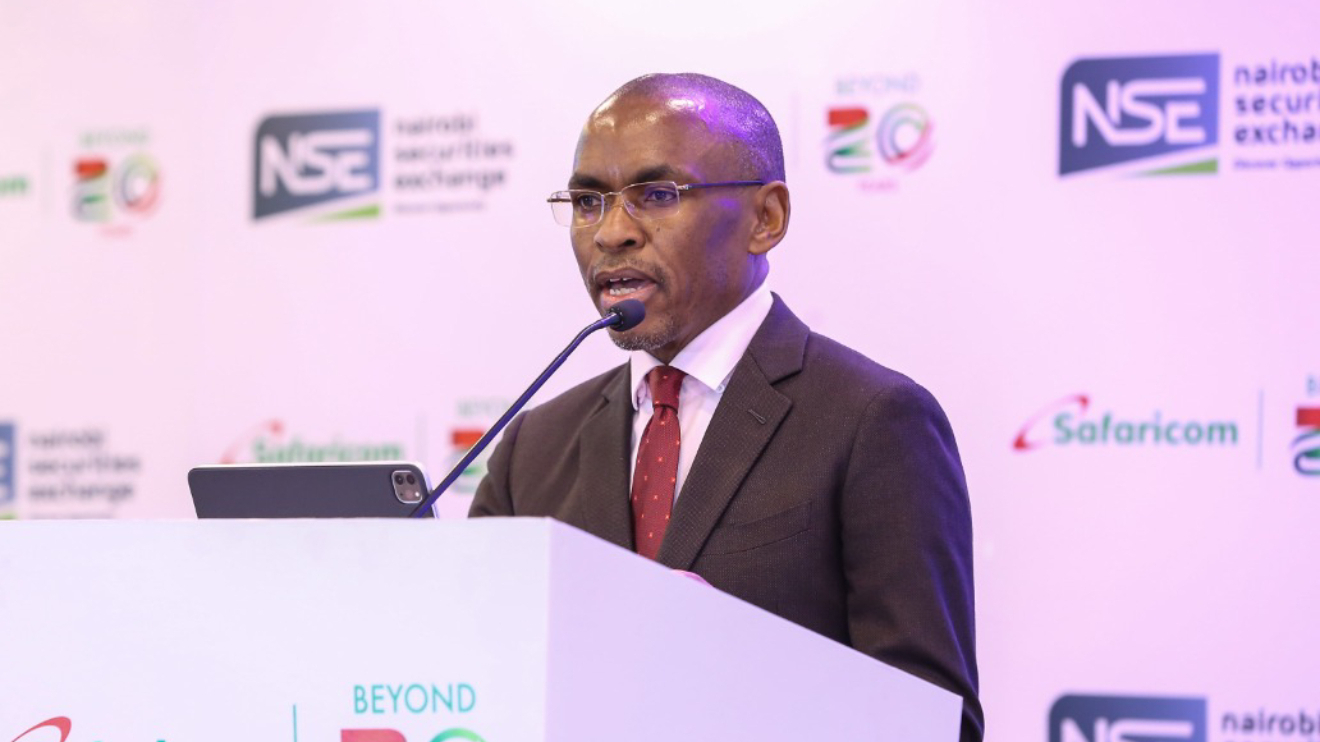The High Court has made a landmark decision to liquidate the renowned Tuskys Supermarket chain, marking the conclusion of a 30-year journey for the renowned enterprise.
In a ruling delivered by Justice David Majanja on Wednesday, it was determined that the prospects of rescuing Tuskys were bleak.
The supermarket chain had amassed debts amounting to approximately Sh20 billion, while its asset base stood at a mere Sh6 billion.
Having lingered in court for three years, the liquidation petition, initially filed by Hotpoint Appliances and supported by numerous creditors, had seen no viable efforts to revive Tuskys.
Justice Majanja, acknowledging the uncontested Sh19.7 billion debts owed by the company, concluded that the most compassionate course of action was to appoint a liquidator to salvage some value for the creditors.
Read More
The appointed liquidator is Kolluri Venkata Subbaraya Kamsastry, who will be tasked with conducting a comprehensive audit of the remaining assets, facilitating their sale, and utilizing the proceeds to settle the outstanding debts.
With Tuskys' asset base representing only 30 percent of its total liabilities, creditors are likely to face significant losses, potentially leaving some with unpaid dues.
This development highlights the financial challenges faced by the company and the repercussions it will have on its stakeholders.
The story of Tuskys Supermarket began with Joram Kago, the founder who tragically passed away in 2002.
Initially, his children managed the retail chain, and it experienced a period of growth and success.
However, in 2011, control battles erupted among the siblings, casting a shadow over the company's future.
Yusuf Mugweru, one of the siblings, accused his brothers Stephen Mukuha, Samuel Gatei, John Kago, and George Gashwe of mismanagement, embezzlement, and financial opacity.
This internal strife compounded the challenges already faced by the retailer.
While Tuskys appeared to flourish annually, the tide turned sharply in 2020 when mounting pressure from suppliers regarding unpaid debts became untenable.
Tuskys attributed its non-payment to the adverse impact of the Covid-19 pandemic.
However, when Hotpoint filed for insolvency in August 2020, the magnitude of Tuskys' debts came to light.
Hotpoint, owed Sh248 million, revealed that some of the outstanding debts dated back to 2016.
Other creditors supporting the liquidation petition also presented historical claims that could not be solely attributed to the effects of the pandemic.
In an attempt to salvage the situation, Tuskys claimed to have secured a foreign investor in the days following Hotpoint's insolvency petition.
The investor was said to provide the company with Sh2.1 billion to aid in restructuring operations, with additional funds promised thereafter.
However, the identity of this investor remained undisclosed, and the initial investment fell short of the Sh6.2 billion urgently required to settle supplier debts.
Later that year, Tuskys reportedly received Sh500 million from the mysterious investor, but a significant portion of those funds were absorbed by a bank overdraft.
Creditor support for the insolvency petition remained contingent upon detailed disclosure of the mystery investor's identity.
The enigmatic investor imposed a raft of specific conditions for further financial infusion into Tusky.
These conditions proved insurmountable, leading to the ultimate decision by the High Court to liquidate Tuskys Supermarket.
The liquidation order signifies the end of an era for Tuskys Supermarket, once a prominent player in the East African retail landscape.
It serves as a cautionary tale about the consequences of internal conflicts, financial mismanagement, and the challenges faced by businesses during extraordinary times.







-1756319289.jpg)
-1757101509.jpg)



